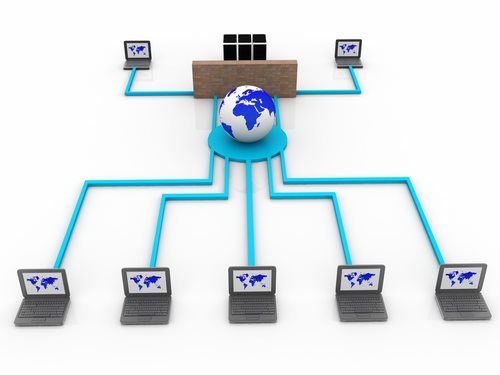Setting Up A Small Business Server
What is a Small Business?
In the United States and throughout the world, the term ‘small business’ refers to any type of business model that is privately owned and operated. All small businesses fall into the established federal size limitations that define what a small business is.
According to the Small Business Administration, a small business employs fewer than 500 people; however, other forms of legislation that elucidate on such qualifications will define a small business as any operation with fewer than 15 people—these size limitations will vary based on what industry the underlying small business conducts business. In addition to the employee base, a small business may be classified based on its assets, the gross volume of sales or the amount of production.
The general definitions and actions of a small business are regulated based on federal legislation. Typically, the Federal Government encourages the formation of small businesses to encourage entrepreneurship and entice innovation in the competitive market.

As stated before, although the size regulations and the particular industries of focus may vary, all small businesses require the obtainment of a few foundational components. For instance, due to the privately-owned status, all small businesses must secure an appropriate line of revenue to finance their operation. Additionally, a small business must possess a small business server to secure a presence on the Internet.
The ability to acquire a small business server will ensure the owner or operator of the small business access to a web space; this ability will enable the small business to actively market and advertise their particular products or services. Without the obtainment of a small business server, a small business would fail in reaching its prospective consumer market.
What is a Small Business Server?
A small business server offers a small business owner the ability to develop a web presence; in a computing sense, a server connects a computer to a network. Once the small business owner has registered a domain name, they need to secure a website host. All small businesses require a base to run its own small business server in order to host a website or space that has the ability to handle multiple tasks for their unique business model. This process will enable a small business to owner to contract a company to help maintain files for their small business server and run scripts or web applications off the server.
How to set up a Small Business Server?
The first step to establishing a small business server requires you to install a Network Operating System. Approaching your small business server in this fashion will enable you to tailor settings that are more appropriately aligned to your businesses’ needs. This installation procedure also will mitigate costs and allow you to control bandwidth usage and downtime.
You must then install any servers on the Network Operating System, such as email servers, web servers, database servers and domain servers etc. Recently companies (ie Microsoft) have developed small business servers that act as bundles for owners of small businesses. These bundles, depending on your situation, may be more cost-efficient than setting it up yourself.
Once you have installed the complimentary small business servers you should create any network drives for your employees; these network drives will enable your workers to share and keep files on the small business server. It is critical to acknowledge the specifications required for a small business server; to obtain a stable and reliable small business server, it is highly recommended to schedule regular backups and security checks for your small business server.